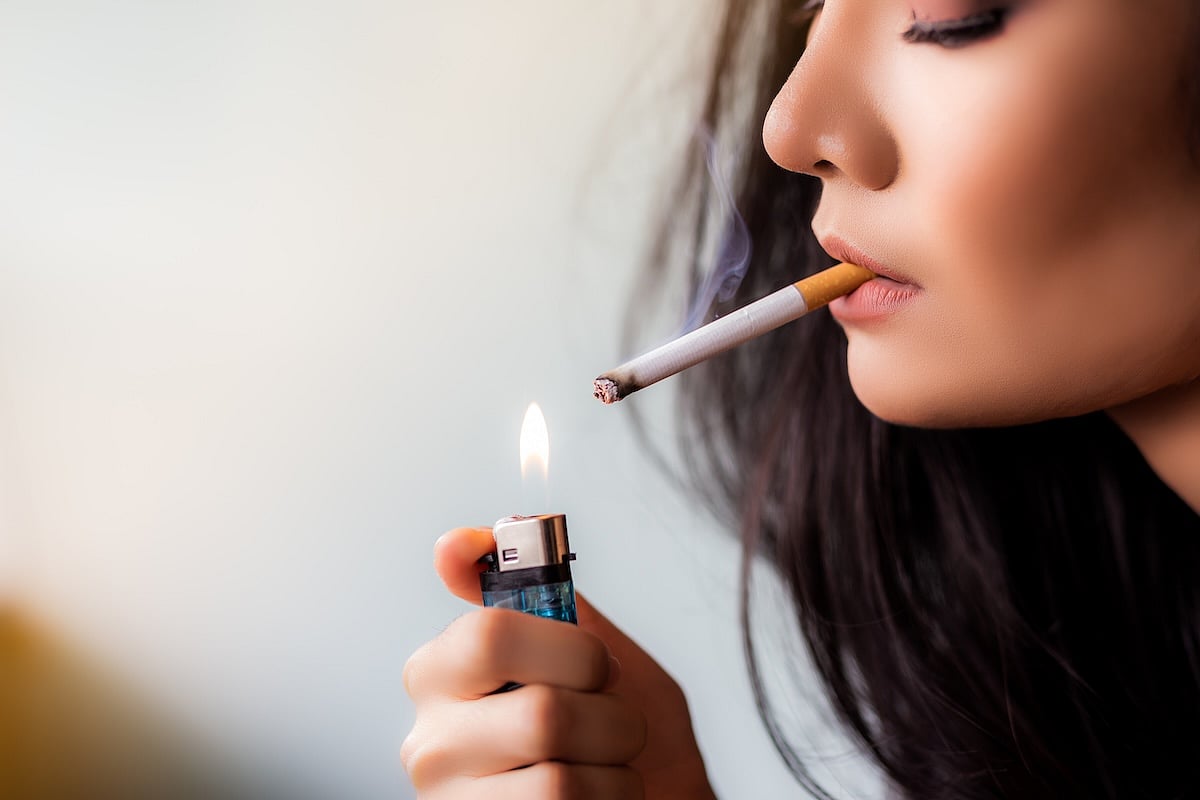
Pet owners in rural areas might find it harder to get a vet appointment for their sick cat or ailing pooch, a new study says. They also are more likely to wait longer and travel farther for a scheduled appointment, researchers reported recently in the Journal of the American Veterinary Medical Association. “Access to veterinary… read on > read on >






























